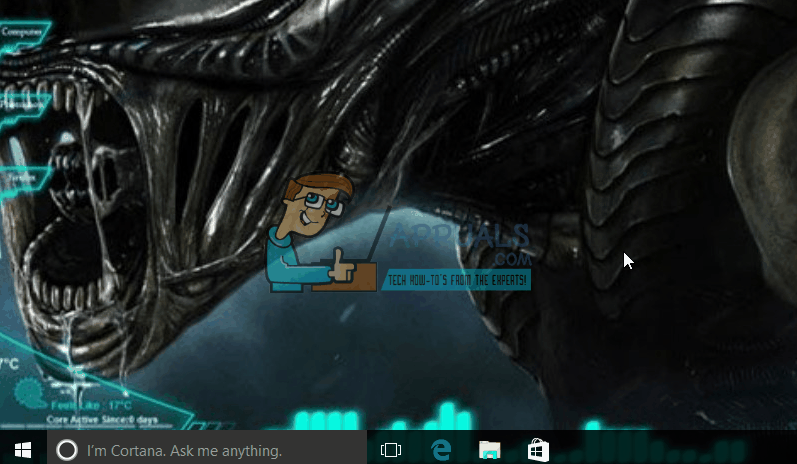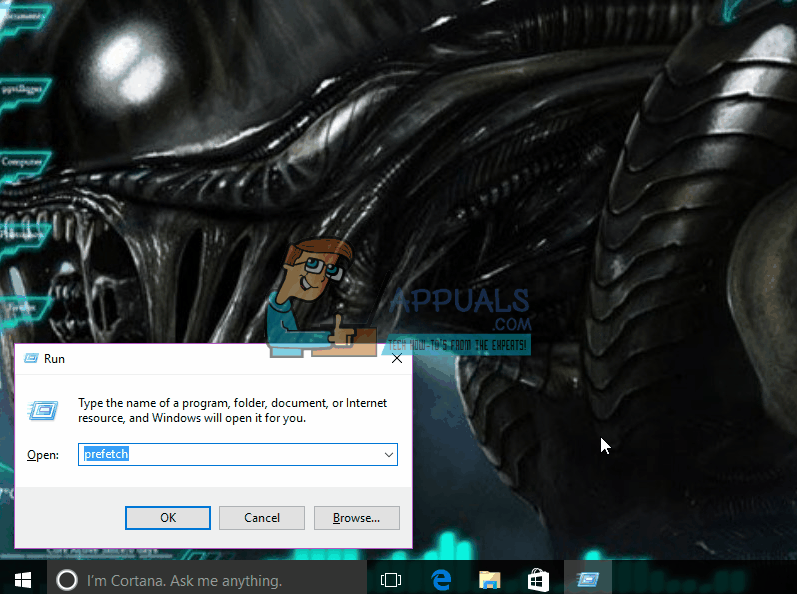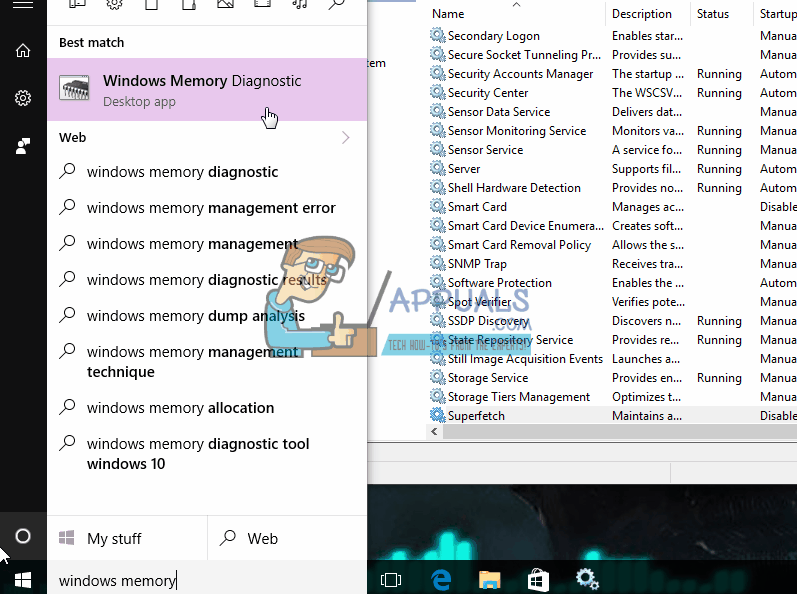FIX: Superfetch has stopped working
Superfetch, also referred to as prefetch, is a windows service that caches data to the RAM so that it can be immediately available to your application. It’s a Windows Storage Management technology that provides access to data on traditional hard drives. However, on solid state drives, they result in unnecessary or self – triggered write operations. Every time you run an application, the Windows operating system creates a prefetch file. This is a file containing information about the loaded files. Over time, the information in these files is used to optimize system performance by improving the loading time of the application the next time you run it. Superfetch consists of a prediction algorithm that tries to predict the applications you will run next and preloads them into memory.
In its enabled state it may affect the performance of some applications but also while disabled, system performance may start degrading. This degradation manifests itself as a system hang that lasts awhile before the system gets back to normal. It also experiences a 100% disk usage at the time of the system hang.
Solution 1: Clear Superfetch Cache
To clear Superfetch’s cache, Press and Hold the Windows key and Press R. Run dialog box will appear.
In it, Type Prefetch and Press Enter.
A folder will open. Press and Hold the Ctrl key and Press A to select all items.
Now Press and Hold the Shift key and Press Delete to permanently Delete all items. Click Yes to Confirm deletion.
Restart your system and check if the issue resolved. If not, then move on to the next solution.

Solution 2: Disable Superfetch
When all other fixes fail, you can permanently disable the Superfetch service, stopping the error once and for all. All you will lose is some time while booting up your system.
To do so, Press the Windows key to bring up Search (Start) menu. Type services.msc in it.
Click on Services.msc in the search results. Services window will open. In it, search for Superfetch in the list on the right and Double Click on it.
Select Disabled in the dropdown menu next to start up. Also Click on Stop button. Now Click OK.

Now Restart your computer and check if the issue resolved. If not, then move on to the next solution.
Solution 3: Perform a Memory Test
In rare cases, this error in SuperFetch has also occurred due to a hardware fault. As the SuperFetch functionality is deeply in contact with RAM, it frequently accesses it and any interruption in the process can cause it to crash.
To test your RAM, Press the Windows key to bring up Search (Start) menu and type Windows Memory Diagnostics. Click Restart Now and Check for Errors.

If Errors are found, then Open up your system and Clean any dust you find in there. Also Remove the RAM stick(s) and Clean off the dust in the slots they were in.
Use a Pencil eraser to Clean the golden contacts on RAM. Now Reseat the RAMs back in the slots and Power on your PC.
Check if the issue resolved. If not, tell us about your exact situation in the comments section and we will get right on it.
It is also important to note that Superfetch/Prefetch are auto disabled on SSD drives. This is because the main point of the service is to improve loading time of applications but the read/write speed of SSD drives is fast enough not to need it. It is also vital that you avoid using more than one antivirus product in your computer. This is because the two running concurrently may cause a situation where the two ‘compete’ and this may lead to issues like Superfetch failing to start during startup. To rule this out, you need to uninstall any antivirus products you have installed and let Windows use its own Windows Defender.
For gamers, superfetch may slow down performance of the computer when playing games. To disable superfetch, follow the above steps and select Disabled if you access from services or the value 0 if you access from the registry.